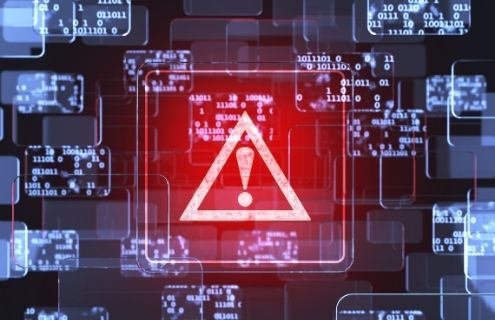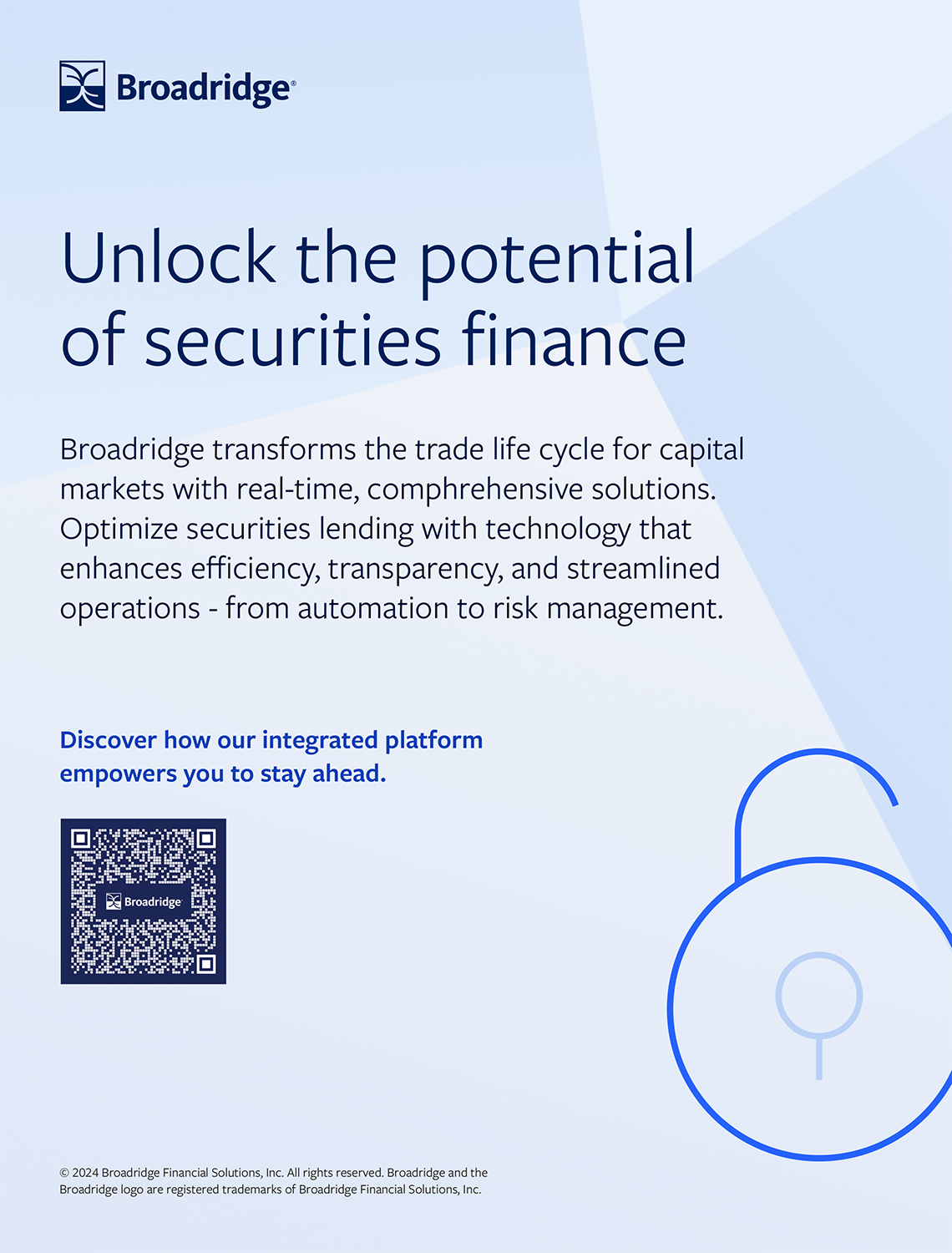IHS Markit and Tru Technologies tackle South Korean naked short selling
28 October 2020 Seoul
 Image: Denys_Rudyi.adobe.stock.com
Image: Denys_Rudyi.adobe.stock.com
IHS Markit has joined forces with Tru Technologies, a fintech offering securities lending automation services, to counter the problem of naked short selling in South Korea by equipping retail investors with enhanced trading tools.
In recent years, naked short selling has “become a social issue” in the South Korean retail space and there have been “several incidents which disrupted the market, leaving investors uncomfortable with this practice,” says IHS Markit.
Most if not all naked short selling incidents are due to human errors in the transaction process stemming from manually-intensive systems, such as online messengers, explains Tru CEO Ha Jae Woo, who previously worked as a securities lending trader at Morgan Stanley in Hong Kong.
“The financial authorities have considered an option of imposing a real-time position check prior to each sale,” he says. “However, this will inevitably cause a delay in execution and will have a negative impact on the overall market.”
A more simple and effective solution would be the removal of manual processes, Ha argues, as this would serve to address the root cause of the problem without erecting new barriers to trading that only target the symptoms of the issue.
To reinforce this point, Ha points to the US, Europe and Hong Kong where systematic securities lending is already well established and naked short selling is not a significant concern.
As a result, Tru has launched a commercial version of its flagship securities finance platform, TruWeb, equipped with data from IHS Markit, making it the first company in South Korea to introduce systematic securities lending, according to the firms.
Tru’s system aims to prevent erroneous transactions by improving the manual process of borrowing and lending securities, while the data provided by IHS Markit promises to help users of the so-called 'blind market' to trade systematically at an optimal lending fee.
The addition of IHS Markit's securities lending data to TruWeb will "lower the information barrier and allow participants to better manage inventory, eliminate manual negotiations, and improve the operational process, thereby enabling safe and prompt securities lending trades," says Karen King, IHS Markit's Asia Pacific head of equity business development.
At the product launch event in Tru's office in Mapogu, Seoul, Ha notes: "South Korea has one of the strictest regulatory requirements for short selling, but the general public simply wants more.
“Naked short selling is not a problem that can be easily solved. It is important that the technology companies with market expertise, such as IHS Markit and Tru, contribute to solving the issue.”
Elsewhere, South Korea’s Securities and Futures Committee under the Financial Services Commission fined four foreign companies for violating South Korea’s short selling law by not having a borrow in place.
The enforcement came amid a renewed push by regulators and politicians to stamp-out illegal trading by further ratcheting up the fines handed to transgressors.
The committee also recently extended its ban on short selling, which originally came in response to COVID-fuelled market disruption in March, until 2021, making it the last Asian market to retain its restrictions.
In recent years, naked short selling has “become a social issue” in the South Korean retail space and there have been “several incidents which disrupted the market, leaving investors uncomfortable with this practice,” says IHS Markit.
Most if not all naked short selling incidents are due to human errors in the transaction process stemming from manually-intensive systems, such as online messengers, explains Tru CEO Ha Jae Woo, who previously worked as a securities lending trader at Morgan Stanley in Hong Kong.
“The financial authorities have considered an option of imposing a real-time position check prior to each sale,” he says. “However, this will inevitably cause a delay in execution and will have a negative impact on the overall market.”
A more simple and effective solution would be the removal of manual processes, Ha argues, as this would serve to address the root cause of the problem without erecting new barriers to trading that only target the symptoms of the issue.
To reinforce this point, Ha points to the US, Europe and Hong Kong where systematic securities lending is already well established and naked short selling is not a significant concern.
As a result, Tru has launched a commercial version of its flagship securities finance platform, TruWeb, equipped with data from IHS Markit, making it the first company in South Korea to introduce systematic securities lending, according to the firms.
Tru’s system aims to prevent erroneous transactions by improving the manual process of borrowing and lending securities, while the data provided by IHS Markit promises to help users of the so-called 'blind market' to trade systematically at an optimal lending fee.
The addition of IHS Markit's securities lending data to TruWeb will "lower the information barrier and allow participants to better manage inventory, eliminate manual negotiations, and improve the operational process, thereby enabling safe and prompt securities lending trades," says Karen King, IHS Markit's Asia Pacific head of equity business development.
At the product launch event in Tru's office in Mapogu, Seoul, Ha notes: "South Korea has one of the strictest regulatory requirements for short selling, but the general public simply wants more.
“Naked short selling is not a problem that can be easily solved. It is important that the technology companies with market expertise, such as IHS Markit and Tru, contribute to solving the issue.”
Elsewhere, South Korea’s Securities and Futures Committee under the Financial Services Commission fined four foreign companies for violating South Korea’s short selling law by not having a borrow in place.
The enforcement came amid a renewed push by regulators and politicians to stamp-out illegal trading by further ratcheting up the fines handed to transgressors.
The committee also recently extended its ban on short selling, which originally came in response to COVID-fuelled market disruption in March, until 2021, making it the last Asian market to retain its restrictions.
NO FEE, NO RISK
100% ON RETURNS If you invest in only one securities finance news source this year, make sure it is your free subscription to Securities Finance Times
100% ON RETURNS If you invest in only one securities finance news source this year, make sure it is your free subscription to Securities Finance Times



